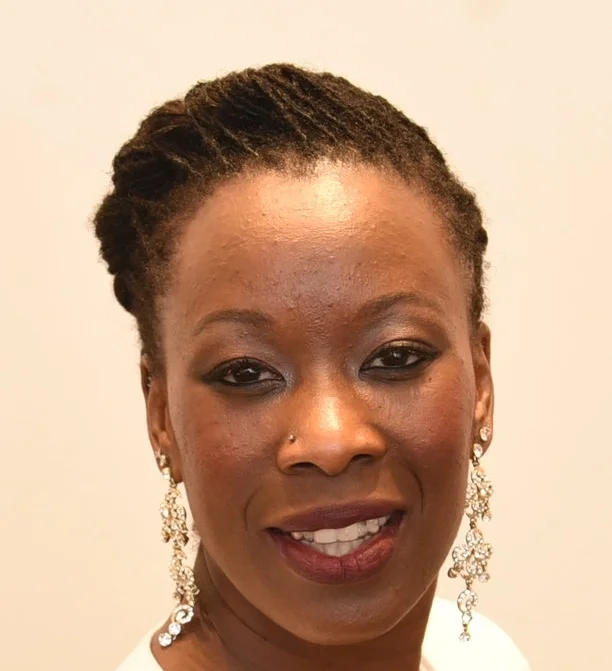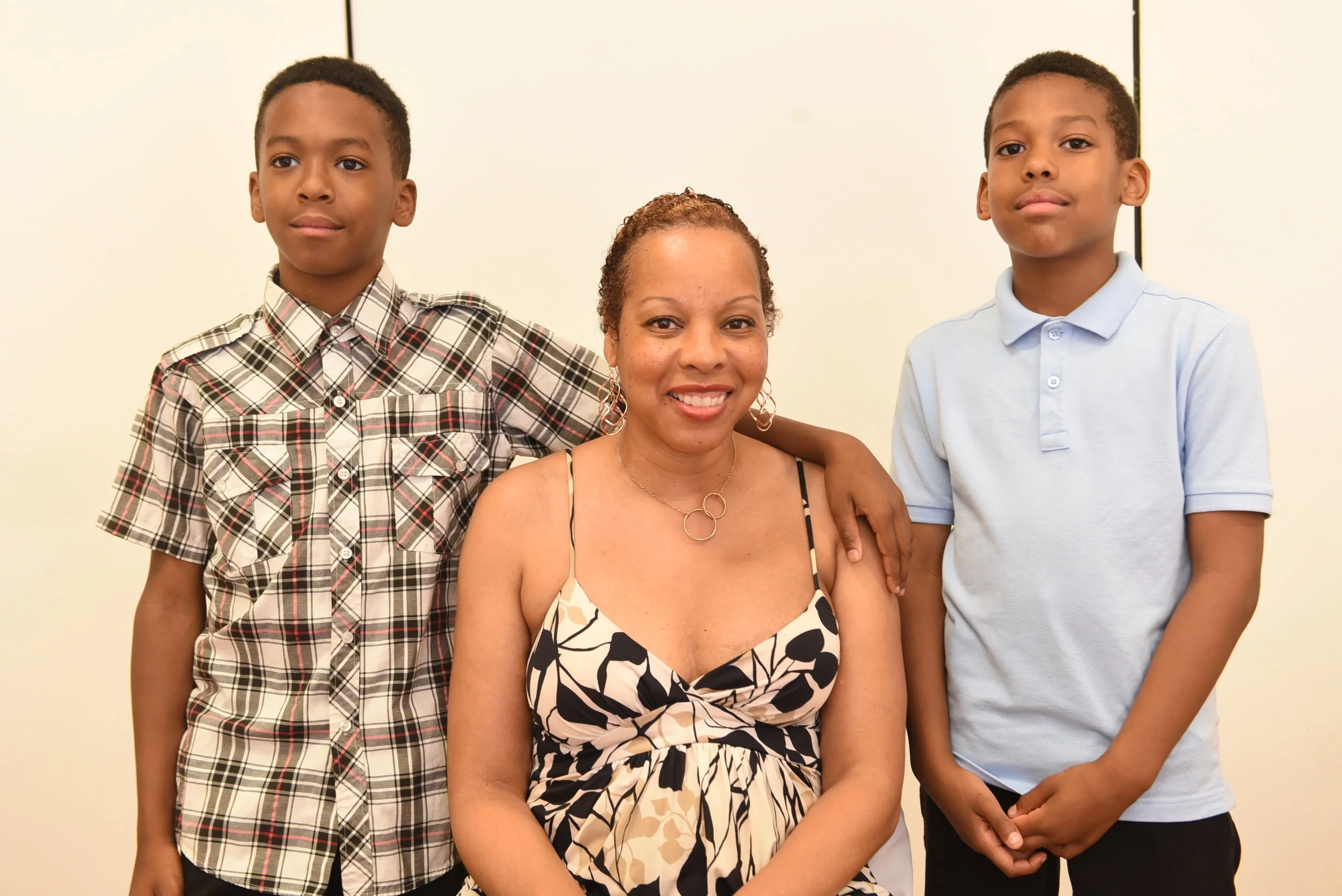Focussing on ways to bring Africans together
June 14, 2018
Taking a break from university studies and at home in Freetown – the capital of Sierra Leone -- with her family for the Christmas holidays in 1998, Dr. Yabome Gilpin-Jackson had trained herself to adhere to an early morning routine.
“As soon as I woke up, I would put on the radio and listen to the news on BBC Africa,” the then University of Sierra Leone accounting student said.
The headlines on January 6, 1999 were devastating.
On that day, rebel forces backing Revolutionary Front leader Foday Sankoh seized parts of Freetown and systematically murdered, mutilated and raped thousands of civilians.
After weeks of bitter fighting, they were driven out, leaving almost 5,000 dead.
“There was panic everywhere and everyone was trying to figure out what to do,” said Gilpin-Jackson who is the executive director of leadership & organization development at Fraser Health Authority in British Columbia. “I was one of the lucky ones that were able to leave the country a few weeks later, but during the time I was there, I wasn’t able to sleep properly and there was fear every time I woke up. When you have been through something like that, it changes you. It’s not just something that you can forget and just move on.”
The political turmoil shaped her thinking and career interest when Gilpin-Jackson came to Canada as a landed immigrant 19 years ago.
Her parents resided in Edmonton and had three children while her father did his graduate studies at the University of Alberta before returning to Sierra Leone to work in the public service.
“I became interested in how do we become so different within groups that we are willing to pit one group against the other and act differently against other groups,” said Gilpin-Jackson who conducts human development needs research in the developing world and was named an Institute for Social Innovation Scholar at Fielding Graduate University in California for her research into the growth and development of war-affected people. “I wanted to know how that happens and what it would be like if we were able to simply focus. That’s not to say we don’t as there are many places where we focus on the best of who we are as humanity. I was really interested in the development potential of humanity and how we can focus on that more instead of on what divides us.”
The German-born social scientist lived in Belgium until age five before her parents moved back to Sierra Leone after her father had completed a diplomatic assignment.
Last April 27, the West African country celebrated its 57th independence anniversary.
Ravaged by civil war, corruption, poor governance, lack of leadership and the Ebola virus that claimed almost 4,000 lives, Sierra Leone is one of the world’s poorest countries with over 60 per cent of the population living under the poverty line.
Despite the gloom, Gilpin-Jackson – who is on the board of the nine-year-old People’s Foundation of Sierra Leone whose mission is to ignite leadership and social change through education and empowerment – is optimistic that the country will turn around.
“Sierra Leone still has a long way to go,” she noted. “It’s a beautiful country with lots of potential and resources and there’s no reason why it should be struggling. On the other hand, I have to remind myself that it is still a very young country. I hope and pray that things will turn around.”
Inspired by the urge to be part of a movement of Africans seeking to reclaim their narrative, Gilpin-Jackson co-founded ‘We Will Lead Africa’ that’s a platform for inspiring continued change and transformation on the continent.
They collect, curate and share stories of African leaders who are making an impact on the continent and encourage networks of leaders to inspire each other to make a difference in their communities.
“We started with a volume of everyday African leaders doing extraordinary things for the progress of the continent,” the lead editor said. “It is often been said that Africa doesn’t have strong leadership and we can’t take ownership of our own challenges and opportunities. We just believe that is not the whole truth. I had a wonderful time curating the first volume and we want to do more. We have been inspired by the feedback and conversations and I just launched a call for a governance volume that’s focused on African leaders advancing policy and governance issues, looking at ethics and human rights and basic governance issues that people need for their countries to be stable. There are many people out there doing those things, so we want to hear from them and share their stories.”
Gilpin-Jackson also authored ‘Identities: A Short Story Collection’ that explores the daily identity concerns of Diaspora Africans.
“That, for me, was about taking the work I do in applied social sciences and the more sort of research and academic work and putting it into everyday language,” she said. “I had a moment at a conference where I was presenting a paper I had written around what I call ‘identity interrogation’ which is a phenomenon of whether you are African-Canadian or some other thing. The question as to where you are is no longer simple for so many people. The number of people living outside their country of birth, not just so-called visible minorities, would comprise the fifth largest country in the world…I was grappling with why you choose to ask some people and not others and how do you decide who belong.
“While I know that it was important that I was talking to higher education leaders who impact policy and are in the classrooms where social ideas and policies are formed, I literally had this moment that I also want to be speaking to an everyday audience. I left that conference determined that I was going to finish writing a set of short stories…The conversations that have been sparked from this book have been so rich and they have reinforced for me that we are in some ways, I believe, in this transitional space in the world where we always knew that we had become global, but the impact of that globalization is only now becoming more and more real in terms of what it means to be in a city where you live with the world and how you engage with the world right here where you are.”
Gilpin-Jackson and her husband of 14 years – Adelana Gilpin-Jackson is a specialist engineer with British Columbia Hydro – have three children.






